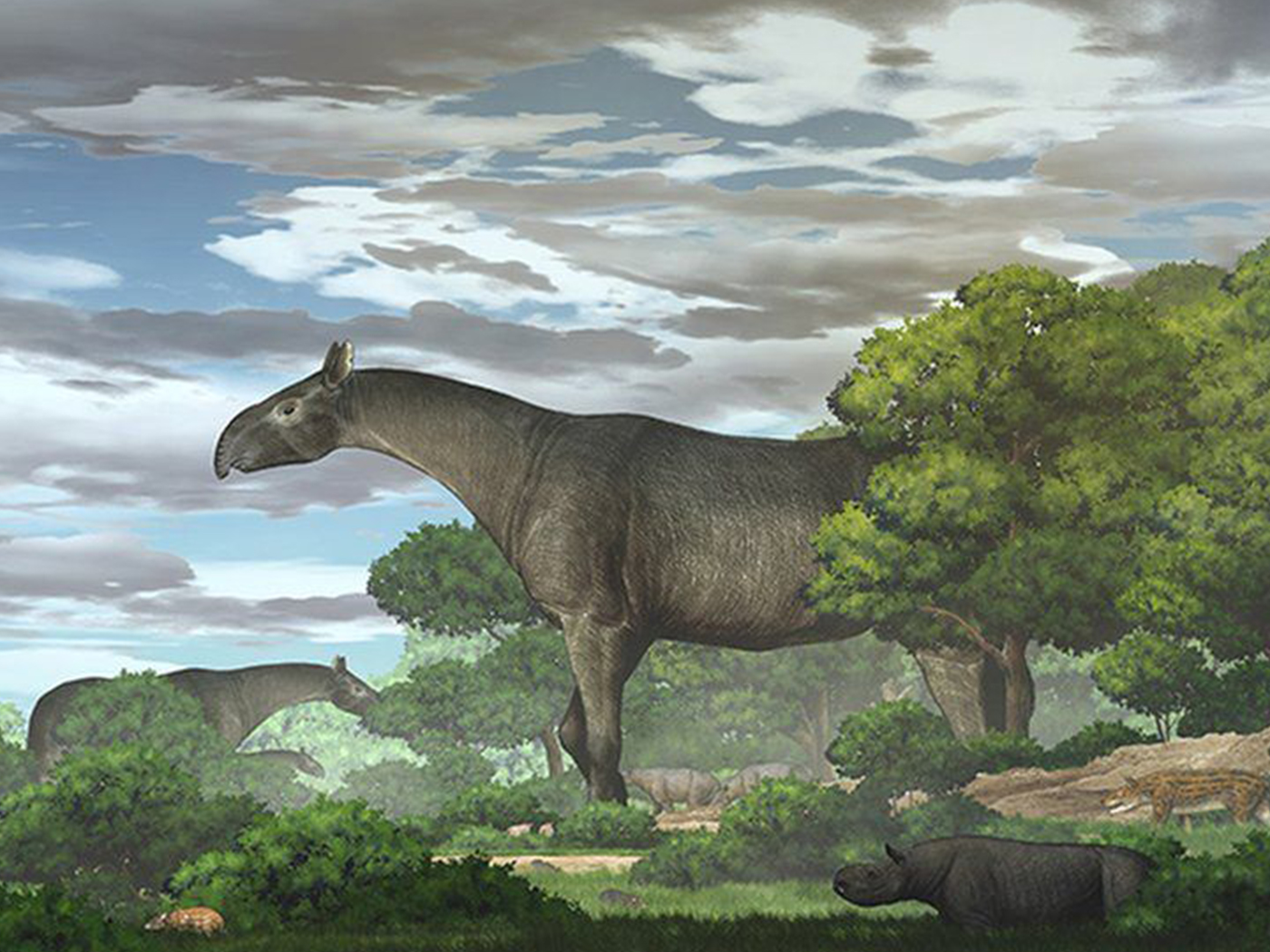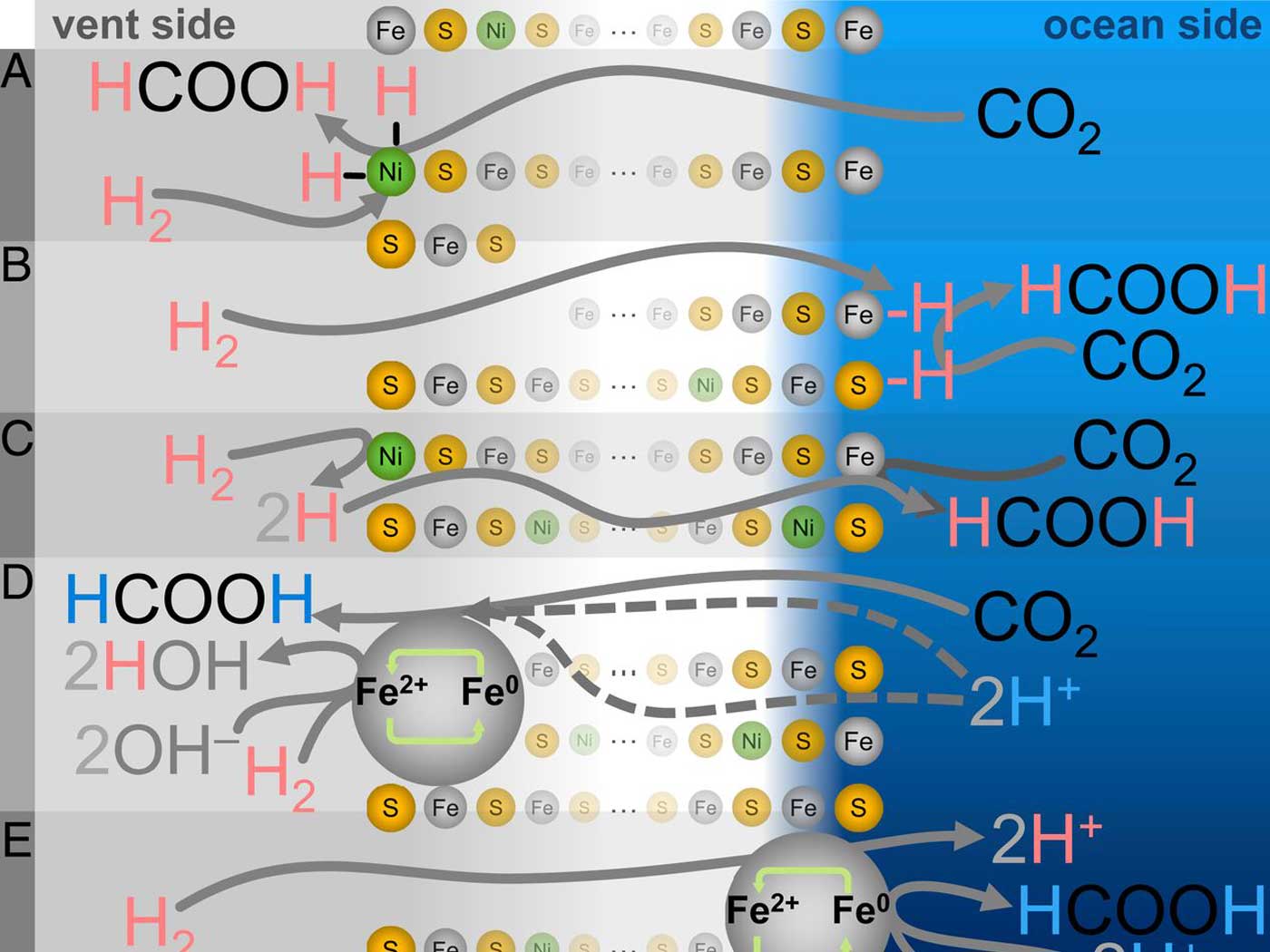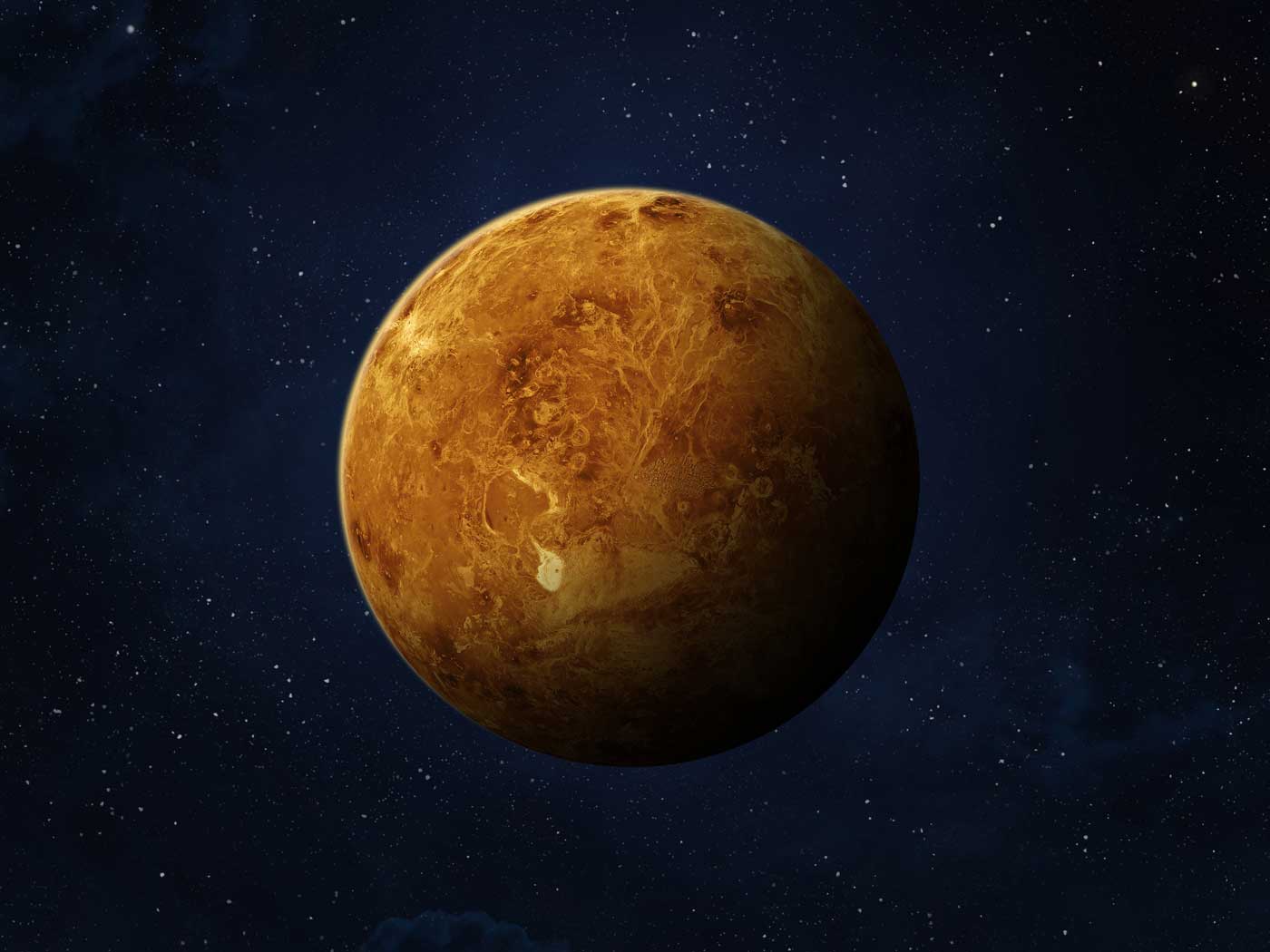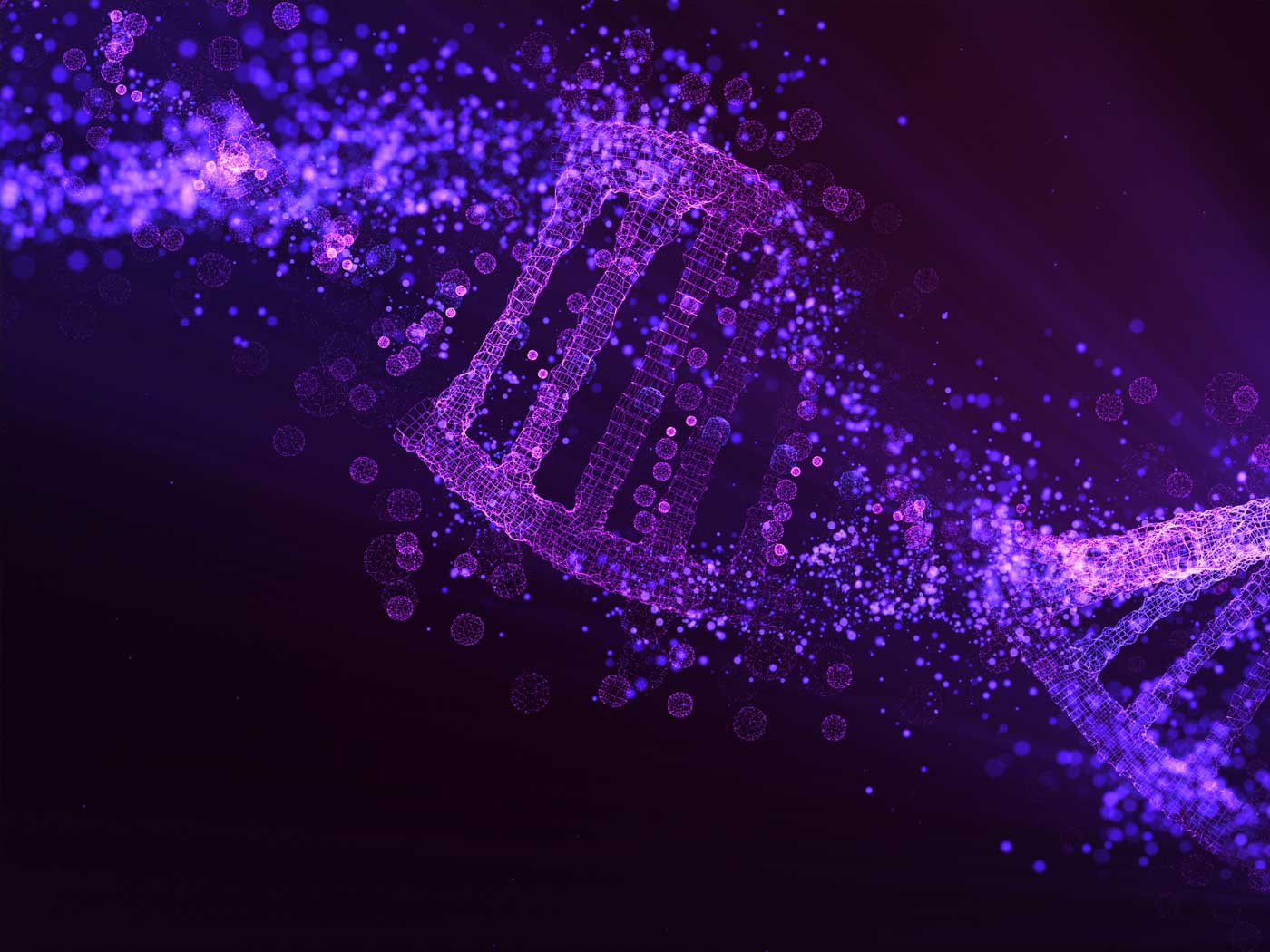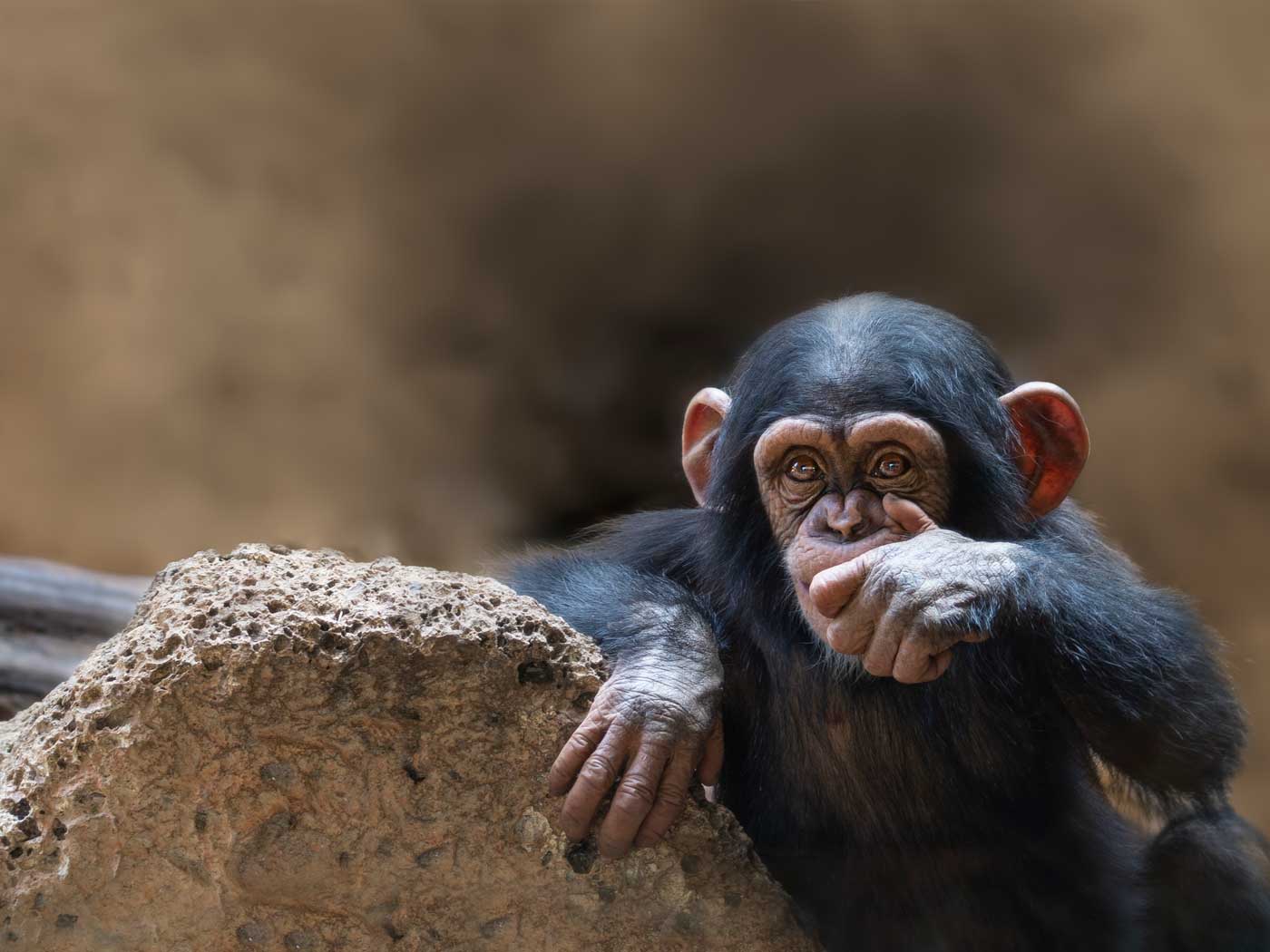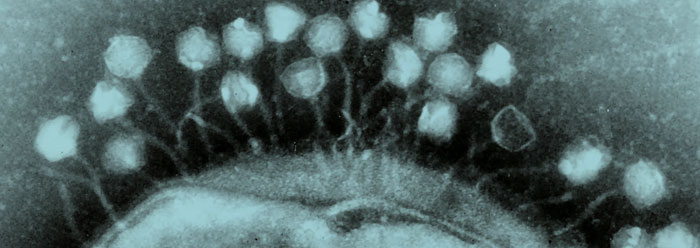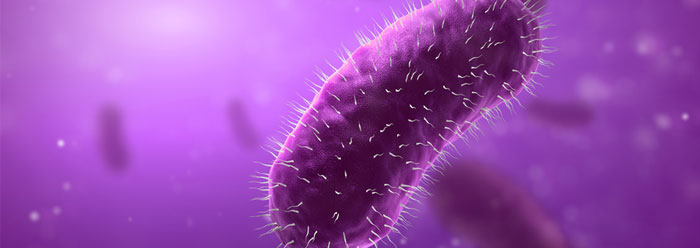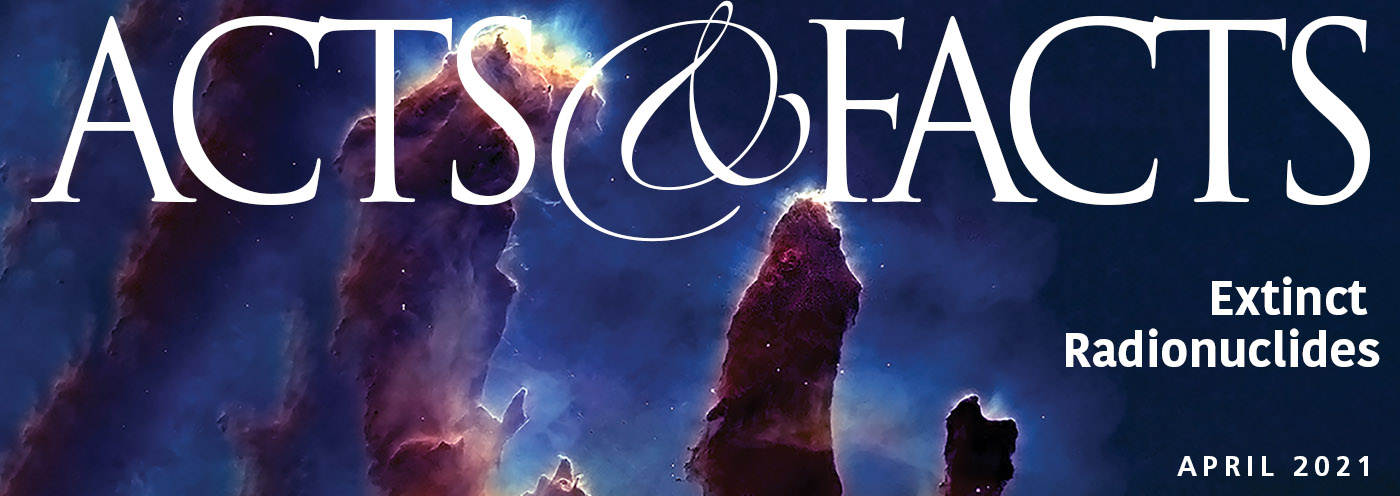How much more intelligence must have been behind the origin of this first molecule?
Origin of Life
A Few Reasons an Evolutionary Origin of Life Is Impossible

There were no human witnesses to the origin of life, and no physical geological evidence of its origin exists. Speaking of the origin of a hypothetical self-replicating molecule and its structure, Pross has recently admitted that "The simple answer is we do not know, and we may never know."1 Later, concerning the question of the origin of such a molecule, Pross said, ". . . More...
Cell Origin Research Is in Hot Water
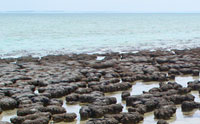 Researchers have tried for decades to replicate the conditions and compounds they think were necessary for the first living cell to evolve. Their experimental failures have collectively sent the clear message that such an event is extremely unlikely or even impossible.
Researchers have tried for decades to replicate the conditions and compounds they think were necessary for the first living cell to evolve. Their experimental failures have collectively sent the clear message that such an event is extremely unlikely or even impossible.
Still, many scientists continue to search for an origin of life by strictly natural means—most recently in undersea hydrothermal vents. More...
Image credit: Paul Harrison
Conference Concludes Origin of Life Research Is at a Standstill
 Where did the first living cell come from? Since Charles Darwin's time, his naturalistic followers have been diligently seeking the answer.
Where did the first living cell come from? Since Charles Darwin's time, his naturalistic followers have been diligently seeking the answer.
During a recent conference at Arizona State University, a collection of scientists discussed this very question. By the end of the discussion, the answer was clear—they don't know. More...
Could a Virus Jump-Start the First Cell?
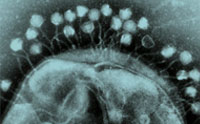 Evolutionists have had a hard time imagining how mitochondria evolved. One theory is that these cellular powerhouses originated when bacteria invaded a primitive cell. A recent study deciphered the structure of a key mitochondrial enzyme, some features of which were described as providing "new insights" into this theory.
Evolutionists have had a hard time imagining how mitochondria evolved. One theory is that these cellular powerhouses originated when bacteria invaded a primitive cell. A recent study deciphered the structure of a key mitochondrial enzyme, some features of which were described as providing "new insights" into this theory.
The insights it actually provided, though, make an evolutionary origin even less likely. More...
First Cell's Survival Odds Not in Evolution's Favor
 How did life begin? For those who reject the testimony of Genesis, the search is restricted to clues in nature.
How did life begin? For those who reject the testimony of Genesis, the search is restricted to clues in nature.
One such clue is the minimum essentials required for growth and reproduction. If that number is small enough, then life might conceivably have formed by chance. More...
Origin of Cells Study Uses Bad Science
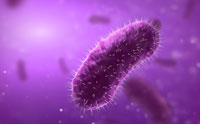 Animal and plant cell DNA is so complicated that all the cellular machines that process, regulate, and manipulate it are constantly in need of cellular fuel. In fact, each animal and plant cell uses so much fuel that specialized fuel-production facilities called mitochondria are required.
Animal and plant cell DNA is so complicated that all the cellular machines that process, regulate, and manipulate it are constantly in need of cellular fuel. In fact, each animal and plant cell uses so much fuel that specialized fuel-production facilities called mitochondria are required.
A new evolutionary study attempted to provide evidence supporting a bacterial origin for mitochondria, but all it really did was beg the question. More...
Origin of Life 'Gateway' Remains Hidden

UK researchers believe they may have “broken new ground†in the ongoing quest to find out how living cells first evolved. The New York Times proclaimed, “An English chemist has found the hidden gateway†to the origin of life.
But despite this claim, what the scientists really demonstrated was that the molecules of life can only come from living cells. More...
Origin of Life Research Still Dead

Scientists are hoping to revive a 50-year-old failed experiment that tried to discover how biological life could have originated from non-living chemical processes. Dr. Jeffrey Bada and Adam Johnson reanalyzed the sludge in the bottom of some of the late Stanley Miller’s vials.
What they found were 10 newly-identified amino acids. Does that mean that science is closer to proving abiogenesis, the generation of life from non-life? More...
Origin of Life Studies Cancel Each Other
 In 2009, biologist Ken Miller wrote in New Scientist that "the most profound unsolved problem in biology is the origin of life itself." The problem is not only still unsolved from an evolutionary standpoint, it shows all the signs of being unsolvable by strictly natural means.
In 2009, biologist Ken Miller wrote in New Scientist that "the most profound unsolved problem in biology is the origin of life itself." The problem is not only still unsolved from an evolutionary standpoint, it shows all the signs of being unsolvable by strictly natural means.
Two new studies purport to have made some progress in resolving this dilemma. Ironically, however, they cancel each other out. More...




